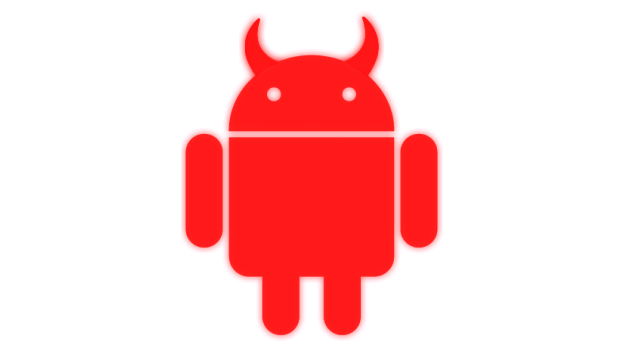Microsoft, NetApp and EMC Join Oracle’s Gang Against Google’s Java

Oracle gains more support in the $1 billion Java lawsuit appeal
Microsoft, NetApp and EMC have expressed their support for Oracle in the appeal against last year’s ruling that found Google not guilty of infringing Java copyright in the development of the Android mobile operating system.
Oracle’s appeal is also supported by the Business Software Alliance, an industry group representing software copyright holders, along with Picture Archive Council of America, US Graphic Artists Guild, and several copyright experts.
Google has requested an extension of almost two months to prepare an answer to the appeal brief. The issue at the heart of the case is whether Application Programming Interfaces (APIs) can be copyrighted.
Friends of the court
In a lawsuit which goes back to 2010, Oracle demanded $1 billion (£630m) in damages, claiming that Google violated copyrights of the Java software platform, infringed two (brought down from seven) Java-related patents and illegally used design specifications of at least 37 APIs.
 Google, in turn, argued that the APIs are an essential part of the free Java programming language, and should not be protected by copyright law. However, the company’s position was weakened by leaked corporate emails that seemed to confirm it knew it had to negotiate a license if it was to use Java.
Google, in turn, argued that the APIs are an essential part of the free Java programming language, and should not be protected by copyright law. However, the company’s position was weakened by leaked corporate emails that seemed to confirm it knew it had to negotiate a license if it was to use Java.
In May, the jury decided that while Google’s Android did indeed violate some Java copyright, it did not infringe Oracle’s patents.
A month later, Judge William Alsup overruled the decision of the jury, concluding that APIs used to build Android were not protected by copyright. As a result, instead of $1 billion, Oracle had to agree to a zero damages settlement, and even pay Google’s legal fees. Both companies were not too happy about the decision, and said they plan to appeal.
Earlier this month, Oracle filed the promised appeal in the US Court of Appeals for the Federal Circuit, asking it to re-consider the decision and punish Google for unlicensed use of its intellectual property.
This claim is now supported by some of the biggest software industry players, which have submitted an “amicus brief”, an educated opinion expressed by “amici curiae” (literally “friends of the court”) – parties not directly involved in the case, but having some kind of interest in its outcome.
The amici say that Alsup “disregarded basic copyright principles” in his decision, and claim that it could “destabilize the software industry” and “harm incentives for innovation”.
“The district court’s holding that critical elements of the software platform at issue in this case are not copyrightable at all is the product of several significant errors of copyright law,” says the brief published by Ars Technica. “That decision sets a dangerous and ill-advised precedent,” it adds.
According to the document, the judge failed to analyse the Java platform as a whole, and compare it to the “structure, sequence, and organization” seen in Android. The amici say that even though Google avoided directly copying Java code, it stole ideas and other “non-literal” elements from Oracle.
On Thursday, Google requested two months to analyse the court documents and prepare its response. This motion is expected to be granted, which means we will see the next episode in this long-running lawsuit series by May.
Are you a patent expert? Take our quiz!